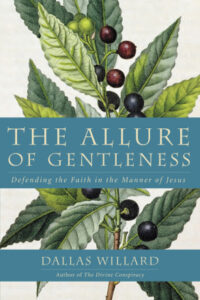 Summary: Spiritual leaders are human, full of sin as all of us, but willing to have their sin redeemed by God for greater glory.
Summary: Spiritual leaders are human, full of sin as all of us, but willing to have their sin redeemed by God for greater glory.
Over the last couple months I have re-read all of the Starbridge (or Church of England) series by Susan Howatch and the first of the off-shoot trilogy. This second reading of each of the main series has confirmed to me that this is one of the greatest series of “˜Christian Fiction’ written in the 20th century.
I use scare quotes because no US Evangelical Christian publishing house would actually publish this. It is full of sin. But also full of grace and redemption and more theologically rich than any other fiction series that I am aware of.
Absolute Truths is the last, and I think best, of the series. It returns to Charles Ashworth, the main character of the first book of the series (Glittering Images.) Instead of a young priest and professor, Ashworth is now a Bishop. And in the course of the book his third life crisis comes to pass.
What was so transformative for me with this series is that all of the conflict and story is based on clergy in the Church of England. All are real and devout Christians. All take their faith seriously (although in different streams of the Anglican way).





 Summary: The method of apologetics is intrinsically linked to the work of apologetics.
Summary: The method of apologetics is intrinsically linked to the work of apologetics.